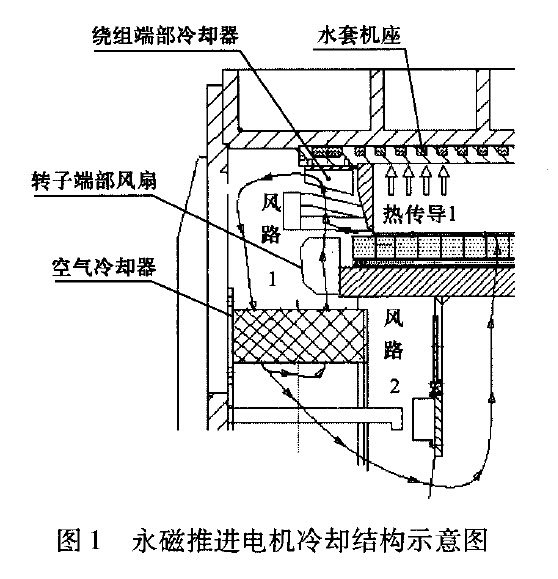While I agree in principle to mostly everything else, I think it would be a mistake to characterize a lack of "cultural emphasis" in education and STEM in the "anglosphere" as either a "problem" or a fixed characteristic.
It remains that many of the most forward thinking engineering achievements are done by western nations -- though of course that may be a holdover from a period in history when other regions of the world were less developed, and that this period of continued imbalance might correct itself in coming years.
However that says just as much about how fluid culture can be and how much it can change -- for example there is no reason to think that Australia cannot at some time in the future develop and grow a culture which prioritizes STEM in a greater manner, in the same way that a century ago the west thought of much of the rest of the world as unscientific or uncultured or what not.
That said I do also agree that the prospects of Australia being able to maintain a consistent and competitive shipbuilding industry over the next few decades with the projects that they've lined up and their recent performance, is going to be quite a significant challenge.
Which is why I said if Lethe hopes to get his "Make Oz Great Again" scheme working, reverting back to leftist policy isn't going to accomplish anything. Instead, a cultural movement needs to be initiated and prolonged for future Australians to put STEM into focus. Fortunately for China, it doesn't seem like Australia is anywhere close to doing that and is, in fact, doing the exact opposite with fewer and fewer candidates enrolling in 3U and 4U HSC maths, which is the foundation of physics and engineering.
Australian heavy industry today is run by Australians educated in the 80s and 90s when maths was more appreciated, and already it's a joke. Now that STEM education in Australia is in even worse shape, what do you think Australian heavy industry will be like in the 2030s and 40s?
Anyone who knows anything about European history and culture knows that the most significant cultural divide is not between supposedly inexplicable countries like Germany and Sweden who have some mysterious cultural affinity for STEM (as opposed to very concrete politico-economic configurations that can, in principle, be emulated) and Anglo layabouts, but between a Germanic northern Europe (hint: the UK is in here) and a Latin southern Europe. And yet even that far-more credible distinction doesn't work, because of course one can hardly fail to notice that Latin Italy and Spain and semi-Latin France have highly developed naval shipbuilding capabilities.
Germany has a strong cultural affinity for technological accomplishments due to cultural foundations set by the German Empire in the 1800s. In order to out-compete France, Germany chose to focus on industry as they couldn't compete in agriculture. Obviously, the cultural realignment worked and Germany still retains a healthy competence in heavy industry.
In any case the talk of cultural affinities for the educational disciplines required to sustain naval shipbuilding is hilariously irrelevant, not least of all because naval shipbuilding is a largely non-competitive endeavour, i.e. it is undertaken to serve the strategic interests of the nation in question. The supposed STEM prowess of East Asia is irrelevant, because we aren't buying from East Asia and never have. The "competitors" to Australian domestic industry are other high-wage, supposedly culturally deficient European nations.
That's so wrong I don't know how you even got there. Australia's shipbuilding industry currently doesn't compete with East Asia because how could it? That's the whole problem; Australian shipbuilding is so bad that simply suggesting they could compete with East Asia is comical. You say that shipbuilding "is undertaken to serve the strategic interests of the nation in question" when what you really mean is Australia's shipbuilding is such a joke that the only thing they could do is serve the strategic interests of Australia, because they sure as hell aren't good enough to do anything else, like making money.
It's quite simple, really. Australia's current shipbuilding industry is like China's current aviation industry; completely mediocre and a drain on national resources. However, unlike China, Australia has the option of cutting out that parasitic sector while China cannot afford to. If China cuts off her aviation industry, no one else will provide warplanes for her in a conflict. If Australia cuts off support to Osborne, literally nothing changes except the RAN can now have twice as many warships because importing is cheaper. Australian industry will remain a joke, as it was before, but hey, at least your navy is now respectable.
You misunderstand me when I say Australia cannot sustain a shipbuilding industry. She can, but at ridiculous cost, as she is doing now. If you find the current situation satisfactory, that's your problem. Australia isn't adding anything of value to her strategic position by keeping Osborne in business. It contributes so little to Australia while taking so much. If you want for Osborne to be less of a joke, close it and reinvest the billions of dollars saved into a multi-decade long propaganda campaign, extolling the virtues of education and STEM, and ridiculing the retail and finances sector. By 2050, maybe the propaganda would've made enough of a difference such that a shipyard will open in Australia organically without government subsidies.


